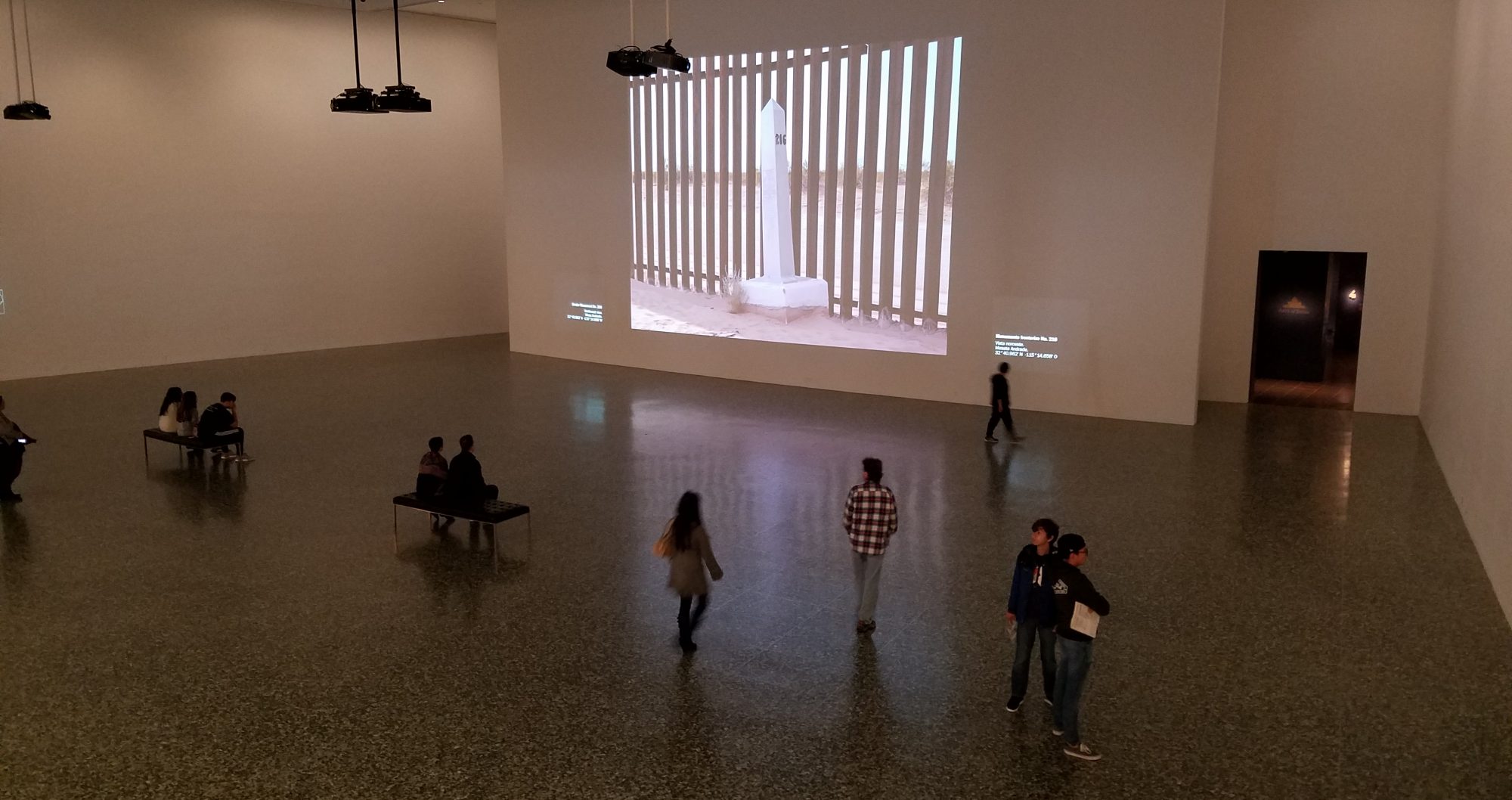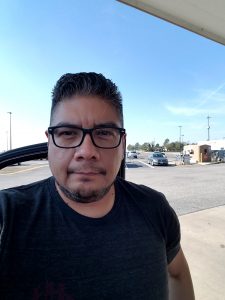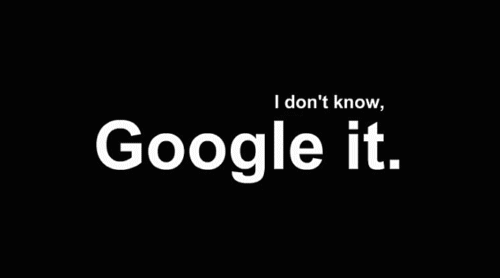Every two weeks, I get my haircut. Every two weeks, I pop into a hair salon located in between a blue-collar sports bar and a shady looking tattoo parlor. The salon isn’t by any means fancy, it’s functional and for $7, men can get a nice trim and fade. For twelve years since moving back to Texas, it has been a regular part of my monthly routine. If I do my calculations right, I have accumulated almost 300 haircuts since moving into this part of Houston. For most of these haircuts, one person has cut my hair. His name is Tim (or as the ladies in the salon call him, “Timmy”).
Today, I popped in for my bi-weekly trim and fade. For the past two months, my trips to get my haircut has been met with a bit of anxiety.
For most of my visits, Tim will usually get up from his station and immediately got his chair ready for me. Since he has been cutting my hair for 12 years, I feel like I get some kind of V.I.P. treatment. Tim usually allows me to “cut” in line whenever there is a wait for a stylist (he only did that for his regulars). When he cut my hair, he always would ask how my family was doing. He wanted to make sure that since my last visit, all was doing okay and well on my end. I would in return ask how he was doing. I would always hear about how busy or not the shop has been and during some weeks in the year, he will inform me on his next trip. Over the many years he cut my hair, I’ve heard in extensive details his trips to Vietnam, Amsterdam, London, Cozumel, Hawaii, and most recently Cancun. In fact, his last trip just occurred right before my haircut at the start of October. At that visit, I heard how him and his wife just sat on the beach and drank tropical drinks. I was always jealous to hear about his trips and flights. For a barber, he did much more traveling in states and abroad than this professor!
Flashback to my visit in mid-October. When I went in for my cut then, I walked in and noticed Tim wasn’t at his station. I asked the ladies when Tim would return. Immediately, they had a look that something wasn’t right. The stylist that works across to Tim told me that Tim was sick. I replied that I could wait another day. She then said for me to come over and sit. I knew then that they had something to tell me. Once I sat, she said that she would cut my hair and let me know more about Tim. Then, she told me that Tim was diagnosed earlier that week with Stage IV brain cancer. I was shocked. He just cut my hair that month and he appear all fine. She told me that soon after that cut, he started experiencing symptoms at work. Notably, one day he froze up and told the ladies that he couldn’t move his arm. They knew something wasn’t right.
Today, I found out that my barber of 12 years was pulled off life support. Cindy, the stylist who first broke the news to me said and her and the other stylists went to the hospital this morning to say their goodbyes to their co-worker. I asked how long Tim has been at his cutting station and she told me that he has been working there for 15 years. Imagine, that many years at the same spot and the same location seeing most of the same people. Cindy said that he’s with his family but that Tim likely would not make it past the weekend. I told her that I would pray for his family and that I was truly sorry at the eventual passing of their colleague and friend. My haircut was done.
Why did I just write four paragraphs about a barber who gave $7 haircuts? While I never truly broke bread with this individual or even saw him outside of his work environment, I felt nothing but empathy for his fellow stylists in the salon and I felt like I was losing a good friend. When I left after getting my haircut, I reflected that Tim, while only seeing me only 2 times a month, truly took care of how I looked and for the few minutes I was in his chair, how I felt. Our conversations about his trips, my work, and even whispering what the other Vietnamese ladies were gossiping about in the shop, made me know that I held a good relationship with him. I didn’t even have to let him know what I needed for my cut. I just walked in, sat down, and off he went to make me look professional. Last year, I jokingly walked in and sat on his chair and said, “Tim, I’m running a race this weekend and I feel like a Mohawk today.” He looked at me and told me, “Mr. Ric, you know if you ask me for a Mohawk, I’ll give you a Mohawk.” I told him I was joking and he immediately told me that he would do whatever I wished. If I did, he would make it the best Mohawk that would look good on me. He was serious when he said that and I felt somewhat bad that I made that joke. Over the years, he would suggest a new cut or trim for me. Just recently, he started to get really fancy on me and started to use his razor scissors. He said he only used them for regulars whose hair he knows. I know nothing of scissor but when he used them, I always freaked out a little since I would see big globs of hair fall into my lap. Despite this, I trusted him.
I feel that when you develop a trusting relationship with a barber, it is somewhat like what our college students experience when they establish a trusting relationship with and advisor, counselor, or any other student affairs professional. Mahoney (2009) mentions the importance of including “relational” competencies as part of career advising work. Under this area, things like appreciating the individual, compassion, and just knowing that you are present and reliable helps students get services that are seen as having impact. Another important aspect of any advising relationship is establishing trust. Trust doesn’t occur after one visit. You have to work hard to create it. Not everyone will establish trust you and that is okay. However, there are those who will look for you to help them with an urgent need or issue. In higher education work, I have seen this many times in my administrative and faculty work. Students express this trust in coming into my office to vent, to cry, or to celebrate. Students will email me to disclose an urgent matter and see if I am available to discuss. Students will even text me sometimes to let me know they are in town or interested in having lunch or happy hour. They just want to reconnect or stay connected. These outcomes only occur when you have a trusting relationship. A relationship that likely lasts well after college.
Returning back to Tim, my barber. Now that I know he will no longer cut my hair like he has for 12 years, I now have to seek out someone who I can trust with my hair. I know that sounds silly, but think about it. You likely rely on someone or some product with that part of yourself (even if you have no hair, you likely shop around for the best moisterizer or facial hair product). For me, most importantly I have to find someone who will take the time to find out how my family is doing, someone to ask me how my last running event went, a person who will celebrate with me any good news from work or home. See, my haircut is much more than that, it is a relationship that makes me feel like I matter and makes me know that someone beyond work and home shows care for me.
Tim did exactly that for 12 years. I’ll miss my barber.
Today, Cindy I feel has taken the role of my new stylist. In addition to our sad talk, she did discuss with me how she’s envious that I’m going to a holiday work party tonight and several more next week. She also asked if I was cold in her spot since the A/C was on full blast and she herself complained that it was cold. She told me also that Tim’s regular customers will be notified once he passes. I feel like she’s going to get my trust. Oh, my new haircut looks good as well.
Farewell Tim. This post is dedicated to you.
Onward.
Reference:
Mahoney, E. (2009). Career advising competencies. In K. Hughey and Associates The Handbook of Career Advising (p. 48-67). Jossey-Bass.


